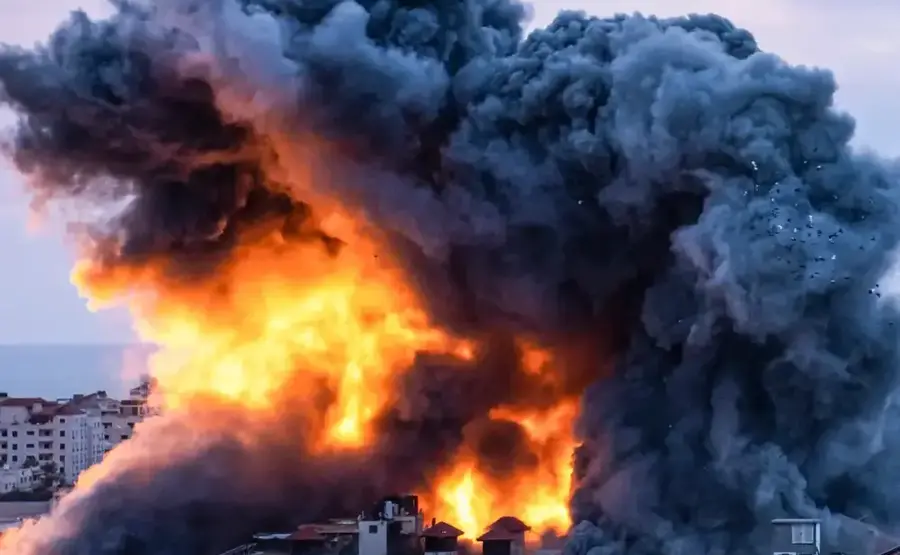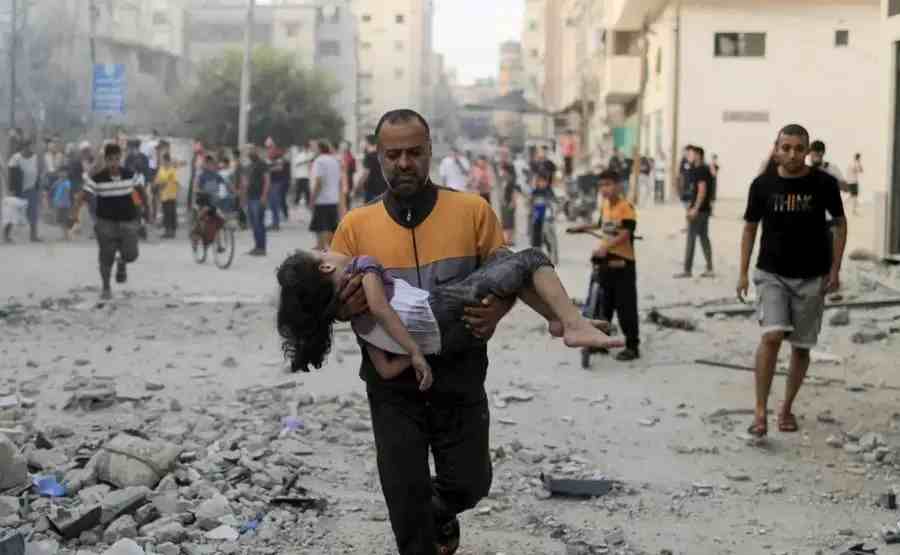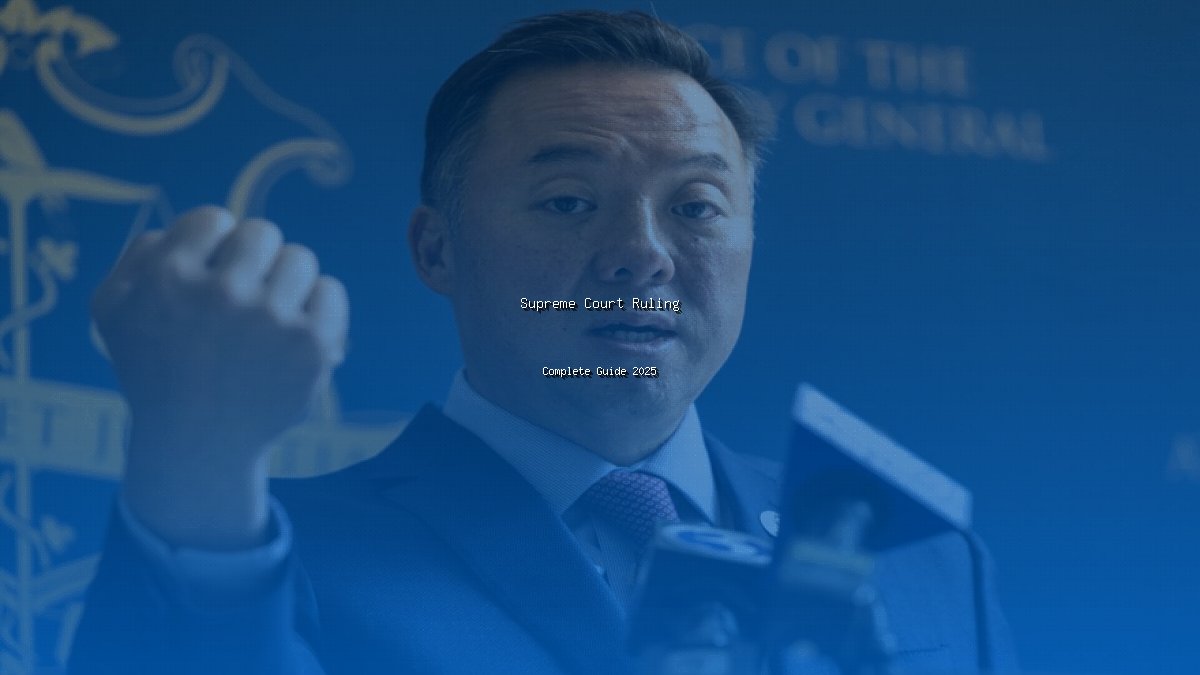Israel’s General Strike Disrupts Nation Amid Escalating Gaza Crisis: Latest Updates
- Update Time : 01:48:49 pm, Monday, 2 September 2024
- / 428
A nationwide general strike in Israel today has caused significant disruption as the country faces mounting pressure over its handling of the Gaza conflict. This strike, led by the Histadrut labor union, is a response to growing frustration over Prime Minister Benjamin Netanyahu’s failure to secure a ceasefire deal with Hamas and release of hostages.
Nationwide Disruption
The strike, which began early this morning, has brought much of Israel to a standstill. Major airports, including Ben Gurion International, experienced halted departures, while universities, shopping malls, and many offices were closed. Government ministries also shut down, and schools operated for only a few hours. Histadrut’s leader, Arnon Bar-David, criticized the government’s inaction, emphasizing the need for a resolution to the ongoing crisis.
Histadrut spokesman Peter Lerner highlighted the impact: “We see suitcases piling up at Ben Gurion International Airport and ports slowing down. The private sector and many businesses are also closed today. This strike is essential to address the damage to Israel’s economy and the need for political and social unity.”

Public Outcry and Protests
The strike follows intense public demonstrations in Tel Aviv and other cities. Protesters are demanding action after the recent discovery of six hostages’ bodies in Gaza, reportedly killed by Hamas gunmen. This discovery has heightened public anger and led to large-scale protests, with demonstrators blocking key highways and staging rallies demanding the release of all hostages.
The Israeli government has responded harshly to the strike. Finance Minister Bezalel Smotrich accused Histadrut of playing into Hamas’s hands, while National Security Minister Itamar Ben-Gvir defended the government’s position against negotiations with Hamas, citing the need to prevent what he describes as reckless deals.
Impact on Daily Life and Economy
While the strike has caused widespread disruption, its effects have been uneven across Israel. In Tel Aviv, many businesses and services have closed, but public transportation continues to operate. The strike’s intensity led to a court order for it to end by 2:30 PM local time, deeming it politically motivated.
Ongoing Negotiations and International Efforts
US, Egyptian, and Qatari mediators are working to broker a ceasefire deal that would see Hamas release the remaining 97 hostages, some of whom are presumed dead, in exchange for Palestinian prisoners in Israeli jails. Despite these efforts, the negotiations have stalled, with recent events fueling further tensions.
Hamas has denied responsibility for the hostages’ deaths, blaming Israel and the US for demanding terms that make a deal impossible. Israeli officials, including Netanyahu, have reiterated their stance that Hamas’s refusal to negotiate and the recent murders of hostages undermine any potential agreement.
Looking Ahead
As the strike continues and public protests grow, the situation remains fluid. The Israeli government faces significant pressure to resolve the crisis and address the concerns of its citizens. For updates on the ongoing situation and the effects of the strike, stay tuned to our coverage.
More Related Article:

























